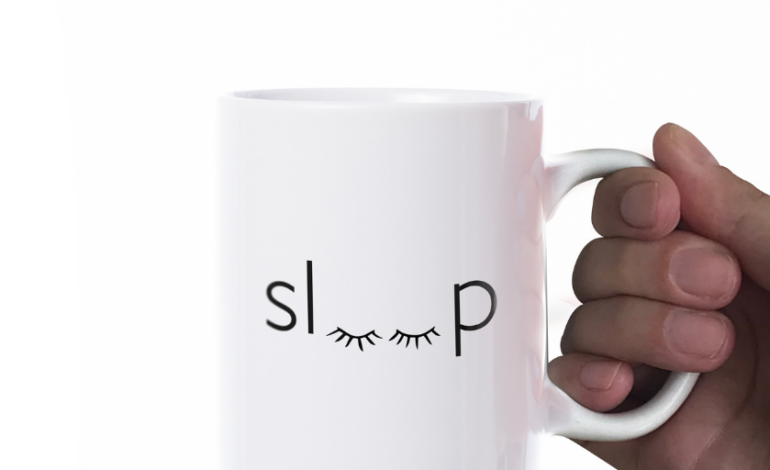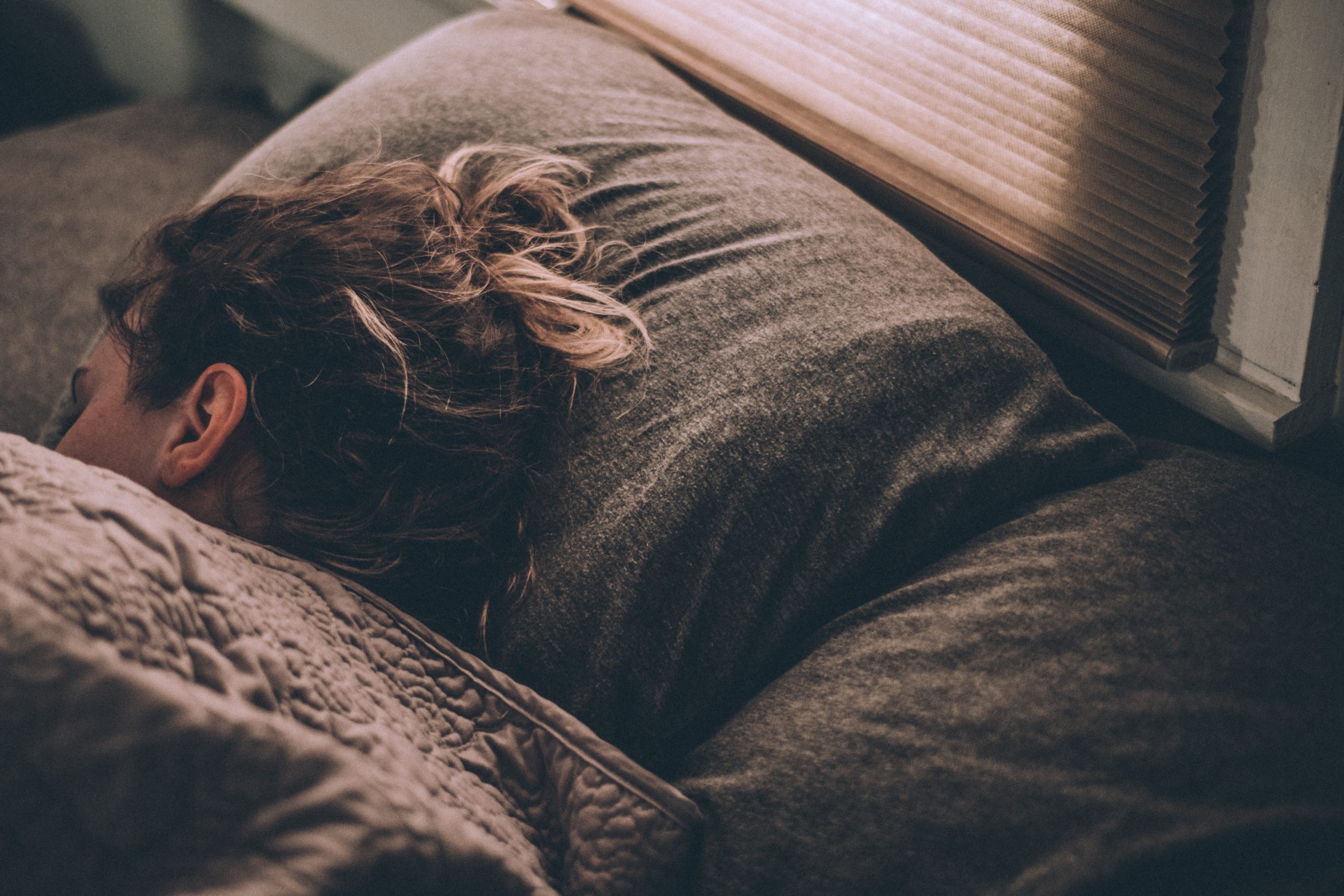Does Sleeping Temperature Have an Effect on Well-Being?

The temperature of your bedroom can have a major impact on the quality of your sleep. A temperature that is too hot or too cold can cause heightened levels of stress that can interfere with your body’s natural ability to fall asleep and stay asleep for the recommended seven to nine hours per night. Temperature of your bedroom can also have an impact on your well-being? Studies show that being too cold or too hot before bed can result in poor quality sleep, resulting in daytime fatigue and irritability. So what’s the optimal sleeping temperature for a good rest? In this blog post, we will explore the evidence surrounding sleeping temperature and its potential effects on our health and well-being.
Understand the Ideal Temperature for Sleep
Generally, the ideal sleeping temperature for adults is between 60-67°F (15- 19°C). This temperature range allows your body to reach its optimal sleep environment. Keep in mind that everyone’s preference could be different, so if you find a slightly lower or higher temperature comfortable, adjust accordingly.
Most people feel comfortable sleeping in a cool room, between 60 and 67 degrees Fahrenheit. Some people prefer slightly warmer or cooler temperatures, but generally speaking, the cooler the better. Sleeping in a cool room can help improve your quality of sleep and overall well-being.
If you’re someone who tends to sleep hot, you may find yourself waking up sweaty and feeling uncomfortable during the night. This can disrupt your sleep and make it difficult to get a restful night’s sleep. Sleeping in a cool room can help alleviate these issues and allow you to get the deep, restful sleep your body needs.
If you have trouble sleeping, experiment with different temperatures until you find one that suits you best. You may need to adjust your thermostat or use a fan or other cooling device to achieve the ideal temperature for sleep. Once you find the perfect temperature for YOU, stick with it!
Avoid Overheating and Dehydration
Overheating, or sleeping in a room that’s too hot, can cause dehydration and can also reduce your quality of sleep due to the uncomfortable temperature. If you have difficulty reaching a cool enough temperature, try to keep bedding, such as comforters and extra pillows, to a minimum and aim for breathable fabrics that are more suited for cooler environments.
Most people feel their best when the temperature around them is between 70 and 74 degrees Fahrenheit. When the temperature gets much higher than that, it can become difficult to sleep, and you may even start to feel faint or dizzy. If you’re at all concerned about overheating, dehydration, or other adverse effects of high temperatures, be sure to seek medical attention immediately.
Manage Light Intensity and Noise Pollution
It’s important to manage the amount of light and noise that you experience during your slumber. It’s best to keep your room dark by using blackout curtains and consider using eye masks or headphones for noise management. These helpful tools reduce disturbance which can help you achieve an uninterrupted snooze session, restoring balance and harmony in your circadian rhythms which set the stage for creating a better environment for quality sleep.
The quality of sleep is important for overall health and well-being, and sleeping temperature can have an impact on sleep quality. While a cool sleeping environment is often thought to be best for sleep, there is no definitive answer as to what the optimal temperature for sleep is. However, research suggests that a cooler room may help improve sleep quality for people who tend to feel hot during the night.
There are a few things you can do to manage light intensity and noise pollution in your bedroom to create a more conducive environment for sleep:
-
- Install blackout curtains or shades to keep light out
- Use a white noise machine or app to drown out disruptive sounds
- Create a bedtime routine that includes winding down for 30 minutes before lights out
Regulate Humidity in Your Bedroom Environment
The best way to manage temperature while sleeping is to regulate the humidity in your bedroom environment. Avoid extreme temperatures that may cause excessive sweating, which can not only make it hard to fall asleep but also negatively impacts your quality of sleep. Investing in an air conditioner or a fan can help keep the room at an optimal temperature throughout the night.
The optimal sleeping temperature is between 60-67 degrees Fahrenheit. Sleeping in a colder environment can cause disruptions in your sleep cycle and make it difficult to fall asleep. A warmer environment can also be disruptive to your sleep, causing you to wake up frequently throughout the night. Maintaining a moderate humidity level in your bedroom can also help you sleep more soundly.
Consider a Smart Thermostat for Maximum Comfort
If you want to take your sleeper’s comfort and well-being to the next level, consider investing in a smart thermostat. A smart thermostat allows you to control the exact temperature of your bedroom and is easy to operate via app or voice activation. This way, you can ensure that you’re always sleeping at the most comfortable temperature, regardless of what the outside environment may be like.
When it comes to finding the perfect temperature to sleep at, there are a few things to consider. But one of the most important factors is comfort. And that’s where a smart thermostat can come in handy.
A smart thermostat can help you maintain a comfortable sleeping temperature by automatically adjusting the temperature based on your preferences. So, if you like to sleep cool, a smart thermostat can make sure that your bedroom is always at the perfect temperature for you.
Plus, a smart thermostat can also help you save money on your energy bill. By automatically adjusting the temperature when you’re not home or when you’re asleep, you can significantly reduce your energy usage. And that means more money in your pocket each month.
So, if you’re looking for maximum comfort and savings, consider investing in a smart thermostat for your home.
Warning: this article does not constitute medical advice. The article contains the author’s personal opinion and personal conclusions and observations. If you have problems with sleep or are interested in other issues related to it, it is better to consult your doctor.









